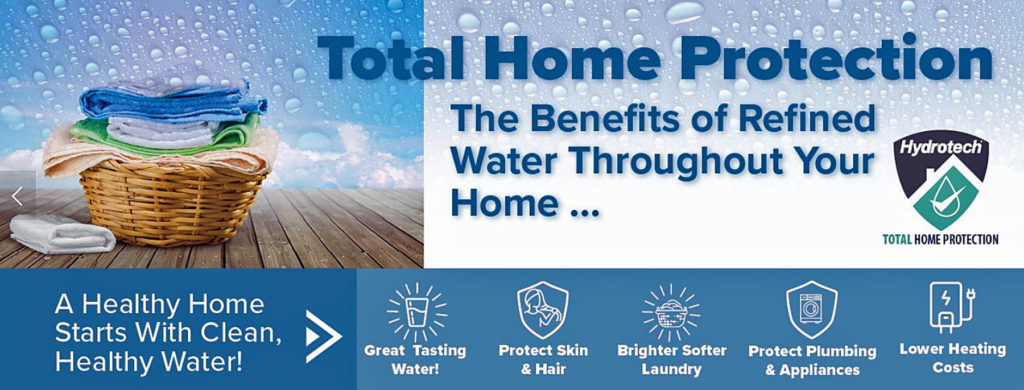
What is the Difference Between a Water Filter and a Water Softener System?
A water softener is not considered a filtration system in the traditional sense. While both water softeners and filtration systems aim to improve water quality, they serve different purposes and use different mechanisms.
A water softener primarily addresses hard water by reducing minerals such as calcium and manganese ions through a process called ion exchange. This process helps prevent scale buildup in pipes, appliances, and fixtures, but it does not remove contaminants like sediment, chlorine, or bacteria.
On the other hand, filtration systems, such as carbon filters or reverse osmosis (RO) systems, are designed to reduce a wide range of contaminants, impurities, and odors from water. RO systems can effectively remove up to 99% of chlorine, sediment, heavy metals, pesticides, and other pollutants, providing cleaner and safer drinking water.
While both water softeners and filtration systems can improve water quality, they target various aspects of water composition and serve distinct purposes. Some advanced filtration systems may include water softening capabilities as part of their overall treatment process, but a standalone water softener is not considered a filtration system.
Your Public Water or Well Water isn’t as Pure and Clean as it Could be!
Poor tastes and odors in your water often stem from the chlorine/chloramine (chlorine and ammonia) often used for disinfection purposes. A catalytic carbon filter can effectively reduce contaminants like chloramine and chlorine. After this step it would seem only right to elevate your drinking water to the next level. The installation of a reverse osmosis system would give you that pure taste that top-tier bottled water manufacturers use.

Iron Filtration Systems Remove Rust and Metallic Taste from Well Water
Iron poses a significant challenge for well owners due to its prevalence in groundwater and its potential to wreak havoc on water systems if left untreated. Elevated levels of iron and manganese are common in well water, resulting in unpleasant metallic tastes and potential health concerns. Untreated iron can lead to the accumulation of deposits inside water pipes, increasing the risk of blockages and causing severe issues for the entire well system. Don’t let iron compromise the quality and functionality of your water supply – invest in effective treatment solutions to safeguard your well system and ensure clean, healthy water for your household.
Water Softeners are Essential for Soft, Clean Water in your home
A water softener offers a multitude of benefits for both households and plumbing systems. By reducing minerals like calcium and manganese ions, water softeners prevent limescale buildup on fixtures and appliances, extending their lifespan and reducing maintenance costs. Additionally, softened water improves the efficiency of appliances such as washing machines, dishwashers, icemakers, and water heaters, leading to lower energy consumption and utility bills. With softer water, skin and hair feel softer and smoother, while laundry comes out brighter and cleaner, requiring less detergent and fabric softener. Overall, investing in a water softener enhances water quality, protects plumbing systems, and brings about noticeable improvements in everyday comfort and convenience.

Ending PFAS Contamination in Our Drinking Water Systems
In April 2024, the EPA announced the final National Primary Drinking Water Regulation (NPDWR) for six PFAS compounds. This regulation marks a pivotal step in safeguarding public health, as it is projected to protect approximately 100 million people, prevent thousands of deaths, and reduce tens of thousands of PFAS-attributable illnesses.
Public water systems have until 2029 to implement solutions that reduce these PFAS if monitoring shows that drinking water levels exceed these MCLs. PFAS Explained
Call us at (763) 497-7486 or click on Contact Us for more information or a free quote.

